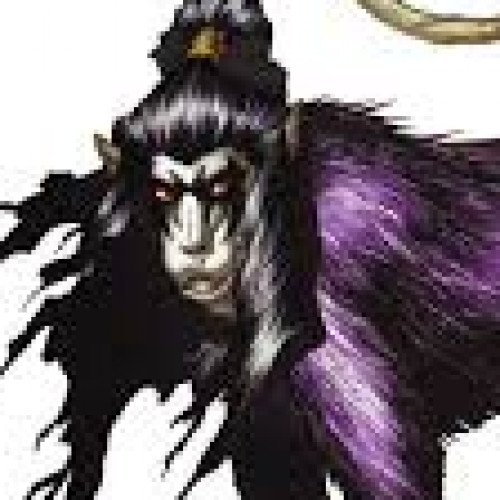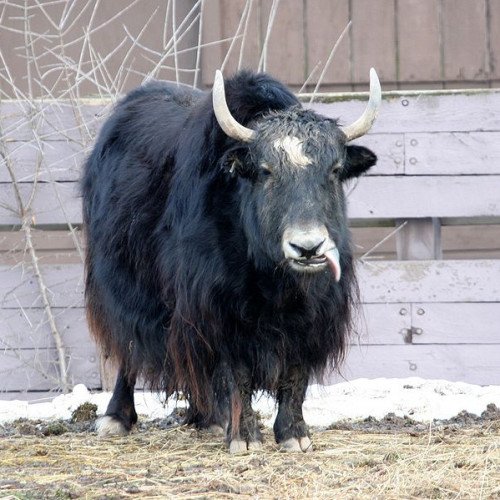Jueyuan (mythology) VS Kui (Chinese mythology)

Jueyuan (mythology)
Jué yuán (玃猿) (in Chinese "Jué yuán", in Japanese "Kakuen") is a legendary animal in the legends of China. They are also called Jué (玃) (in Japanese "kaku"), Jué fù (玃父), Jiā (猳), Jiā guó (猳國) (in Japanese "kakoku" カ国 ), and mǎ huà (馬化) (in Japanese "baka"). They are similar to monkeys, and thus possess a characteristic of carrying away human females and violating them.
Statistics for this Xoptio

Kui (Chinese mythology)
Kui (Chinese: 夔; pinyin: kuí; Wade–Giles: k'uei) is a polysemous figure in ancient Chinese mythology. Classic texts use this name for the legendary musician Kui who invented music and dancing; for the one-legged mountain demon or rain-god Kui variously said to resemble a Chinese dragon, a drum, or a monkey with a human face; and for the Kuiniu wild yak or buffalo.
Statistics for this Xoptio
Vs